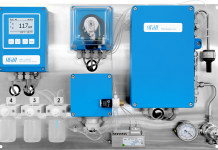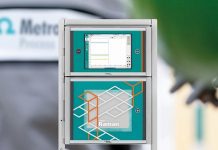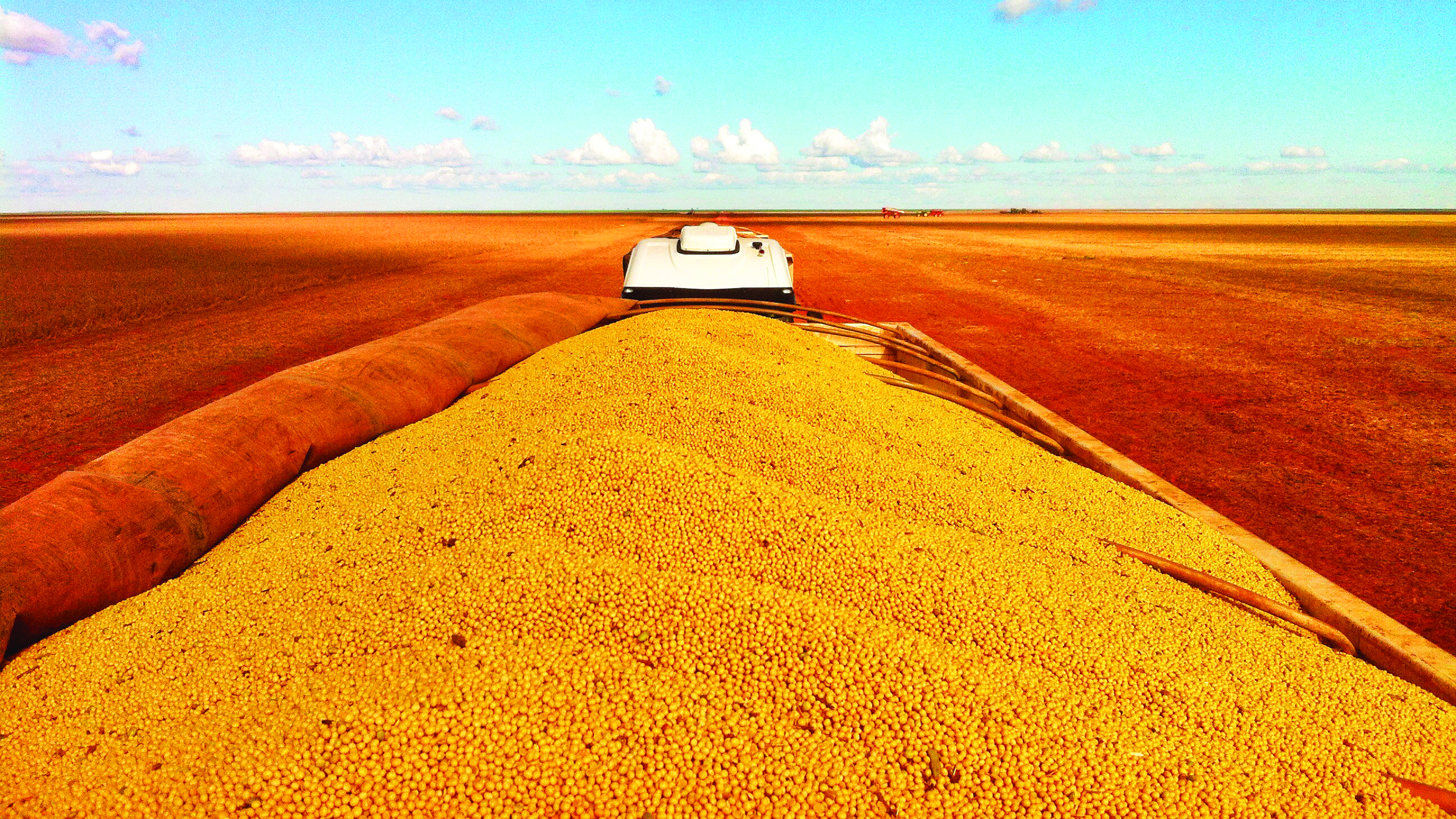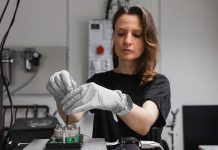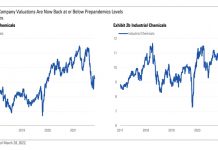The Dow Chemical Company is working with Brazilian farmers from the state of Mato Grosso to implement more sustainable agricultural practices.
The Sustainable Agriculture project is PART OF Dow’s Sustainable Future programme being run across Brazil and Latin America, which uses energy-efficient technologies and low-carbon solutions to minimise greenhouse gas emissions.
Dow, in collaboration with Farmers Edge, a world leader in precision agronomy, and Irriger, a Brazilian group specialising in irrigation management, will provide technology and expertise to farmers working in Mato Grosso, which is known as one of Brazil’s main ‘breadbaskets’.
The project is designed not just to reduce environmental impact but also maximise productivity in corn and soybean crops through higher yields, better varieties and more targeted pest control management.
Dow says that its seed and crop protection technologies should result in lower usage of synthetic fertiliser, leading to a reduction in emissions of nitrous oxide. Nitrous oxide, a greenhouse gas (GHG), is produced as fertilizer decomposes.
The cuts in GHG emissions will go against towards Dow’s commitment to help reduce the carbon dioxide being emitted in Brazil leading up to, and during, the Rio 2016 Olympic Games.
Welles Pascoal, president of Dow AgroSciences Brazil, said: “The objective is to help farmers produce more with less and increase yield through advanced and more sustainable agricultural practices, all while contributing to one of Rio 2016’s most important sustainability goals .”
Farmers participating in the project have access to services and technologies such as satellite imagery, precision harvest and profit maps, intensive soil sampling and laboratory analysis and weather monitoring. Seed and crop protection solutions from Dow are also available to help increase production and yields.
Work with farmers started during preparation for the 2015 Brazilian soybean season and will continue through the end of the 2016 corn harvest.
Tânia Braga, head of Sustainability & Legacy for the Rio 2016 Organizing Committee, said: “Agriculture plays a key role in the Brazilian economy and is also one of the largest sources of GHG emissions, therefore the opportunities to implement more sustainable practices are countless.
“The carbon mitigation programme implemented by Dow and its partners is one of the key sustainability legacies of the Rio 2016 Olympic Games. The way we are collectively working to influence the entire value chain will bring great benefits for Brazil long after the Games are over.”
Dow was selected following a similar successful programme in Sochi for the 2014 Winter Olympic Games.






